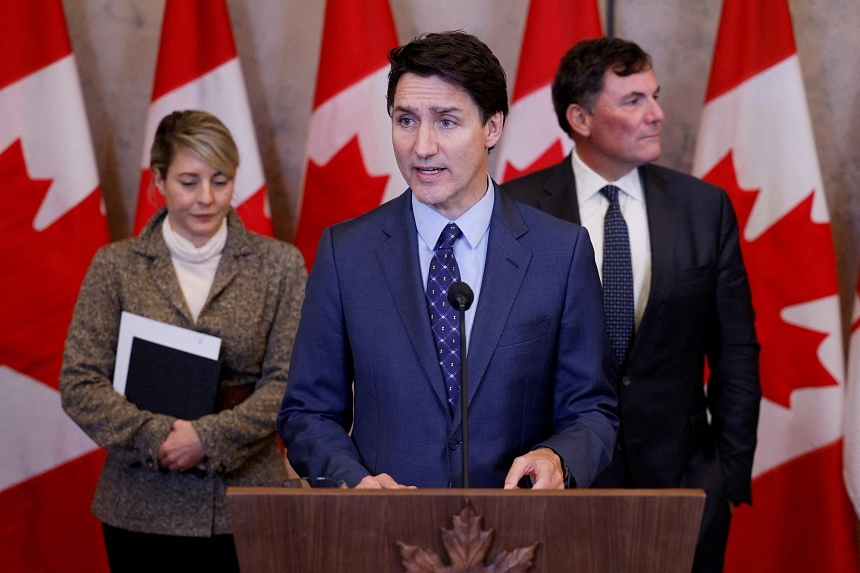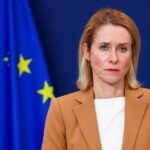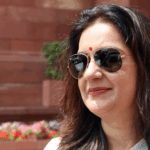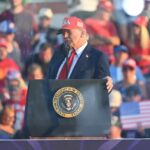After two heated debates in both English and French, the candidates vying to replace Prime Minister Justin Trudeau as leader of Canada’s Liberal Party have made their final pitches to voters. Card-holding Liberals will now choose between former Bank of Canada and Bank of England governor Mark Carney, former finance minister Chrystia Freeland, House government leader Karina Gould, and businessman and former MP Frank Baylis.
The winner of the leadership vote on March 9 will become Canada’s next prime minister and lead the Liberals into the upcoming general election, scheduled to take place on or before October 20.
The Trump Factor
A key focus of the debates has been how Canada should respond to escalating tensions with U.S. President Donald Trump, who has threatened steep tariffs on Canadian exports and even suggested annexing Canada as the “51st state.”
Trump has proposed a 25% tariff on all Canadian exports, excluding energy, which would be taxed at a lower 10% rate. Economists warn such measures would be devastating for Canada and raise costs for Americans.
Freeland highlighted her experience as a negotiator, citing past battles with Trump’s tariffs. Carney warned that Trump is now “more isolationist” and “more aggressive,” while Gould advocated for economic diversification to reduce dependence on the U.S. Baylis, meanwhile, urged Canada to strengthen economic ties with the U.K., New Zealand, and Australia.
Economic Challenges and Solutions
Trump’s threats come at a time when Canadians are already struggling with a high cost of living, making economic policy a top debate issue.
Carney, leveraging his economic background, proposed balancing the federal budget within three years while maintaining key Liberal programs like affordable childcare and dental care. Freeland defended her record as finance minister, arguing that Canada’s finances remain “very strong” and that national unity in response to Trump’s threats could be used to boost economic growth.
Baylis emphasized improving Canada’s productivity, while Gould warned that balancing the budget so quickly would require deep cuts, which she opposes. Instead, she advocated for modernizing the social safety net to protect struggling Canadians.
Battling Conservative Leader Pierre Poilievre
Throughout the debates, the candidates presented a united front against Conservative leader Pierre Poilievre, who remains the frontrunner in national polls.
Gould likened Poilievre to “our little version of Trump,” while Freeland accused him of imitating the former U.S. president. Carney called him “irresponsible” and warned that Canada “cannot afford” his leadership.
Poilievre, previously focused on criticizing Trudeau, has shifted his message to a nationalist “Canada First” approach, emphasizing protection from U.S. pressures. However, polls indicate that the Liberal-Conservative gap has narrowed since Trudeau announced his resignation.
Supporting Ukraine and NATO
All candidates reaffirmed their commitment to Ukraine and meeting Canada’s NATO defense spending target of 2% of GDP, though they differed on the timeline.
Freeland advocated reaching the target by 2027, while Carney and Baylis proposed hitting it by 2030. Freeland and Carney both emphasized investing in Canadian defense industries rather than relying on the U.S.
Rethinking the Carbon Tax
The Trudeau government’s consumer carbon tax has proven unpopular, forcing Carney and Freeland to pledge its removal. Carney, a longtime advocate for climate action, proposed shifting the tax burden to big polluters instead. Freeland defended Trudeau’s climate record but acknowledged that “Canadians were clear” that the consumer carbon tax was ineffective.
Gould and Baylis, however, supported maintaining some form of the consumer tax, arguing that fighting climate change requires tough choices.
What’s Next?
With the debates concluded, party members will soon cast their votes to determine who will lead the Liberals—and the country—into a high-stakes general election against a surging Conservative opposition.






